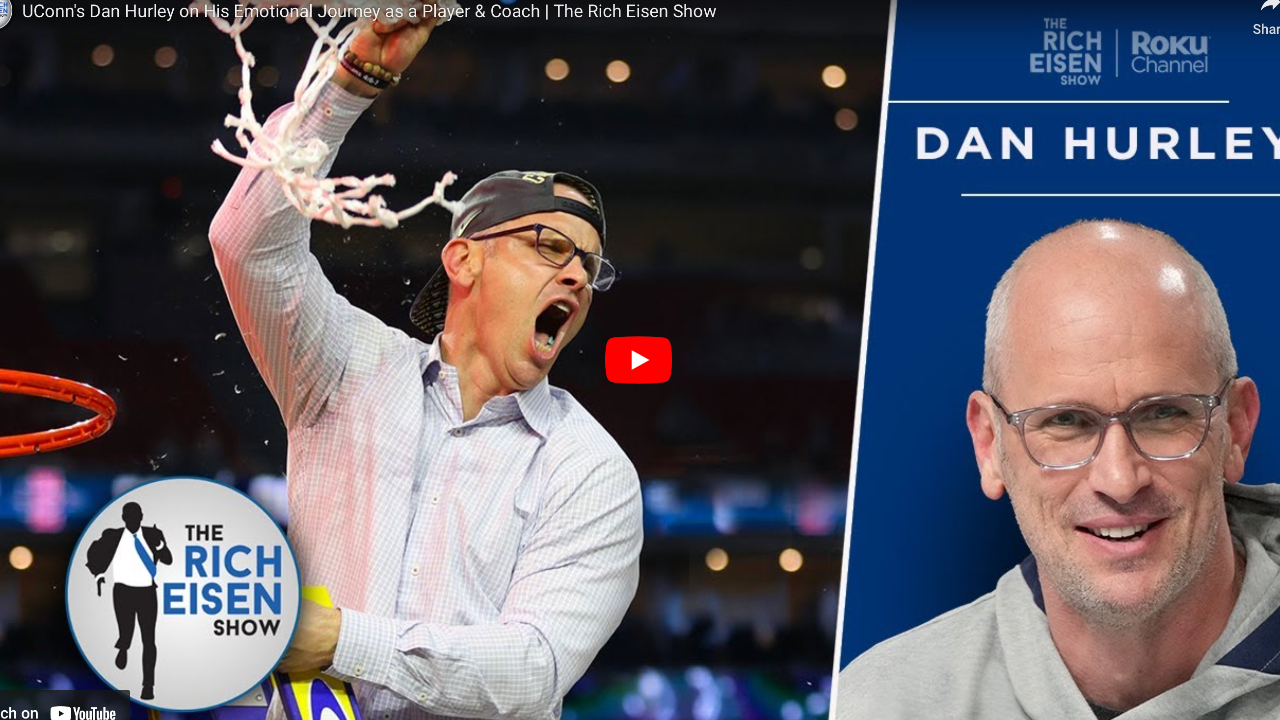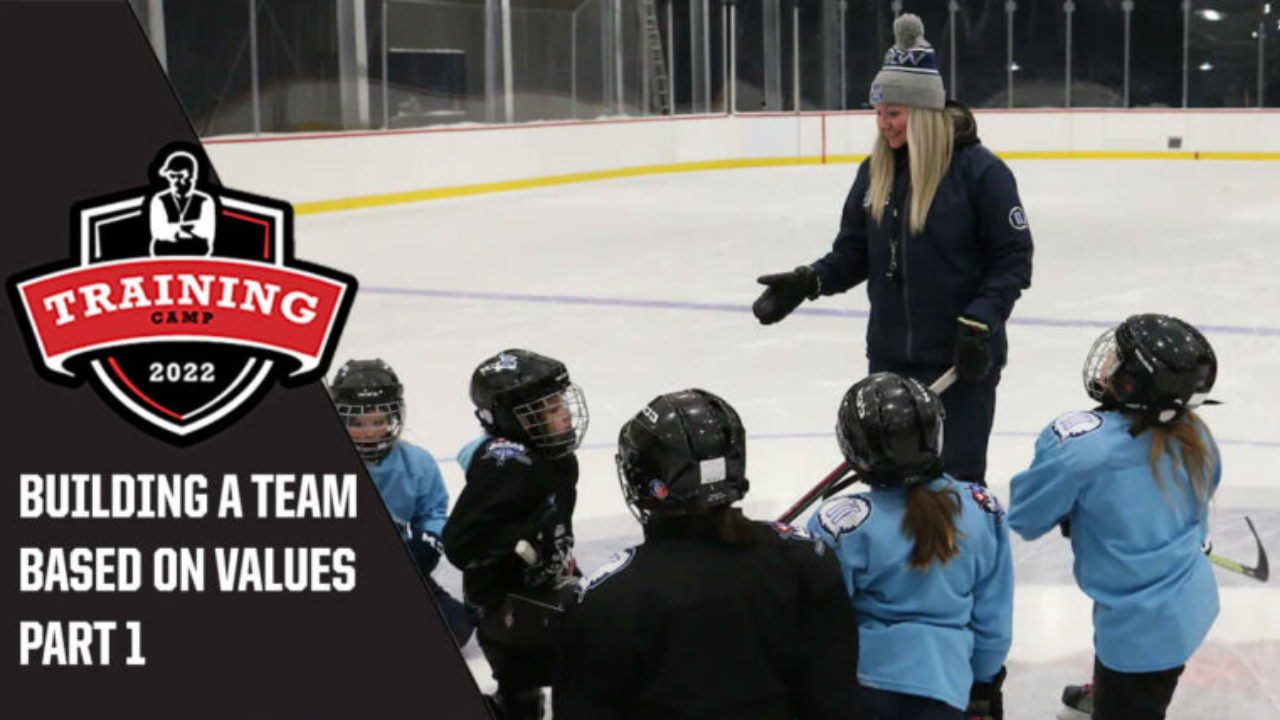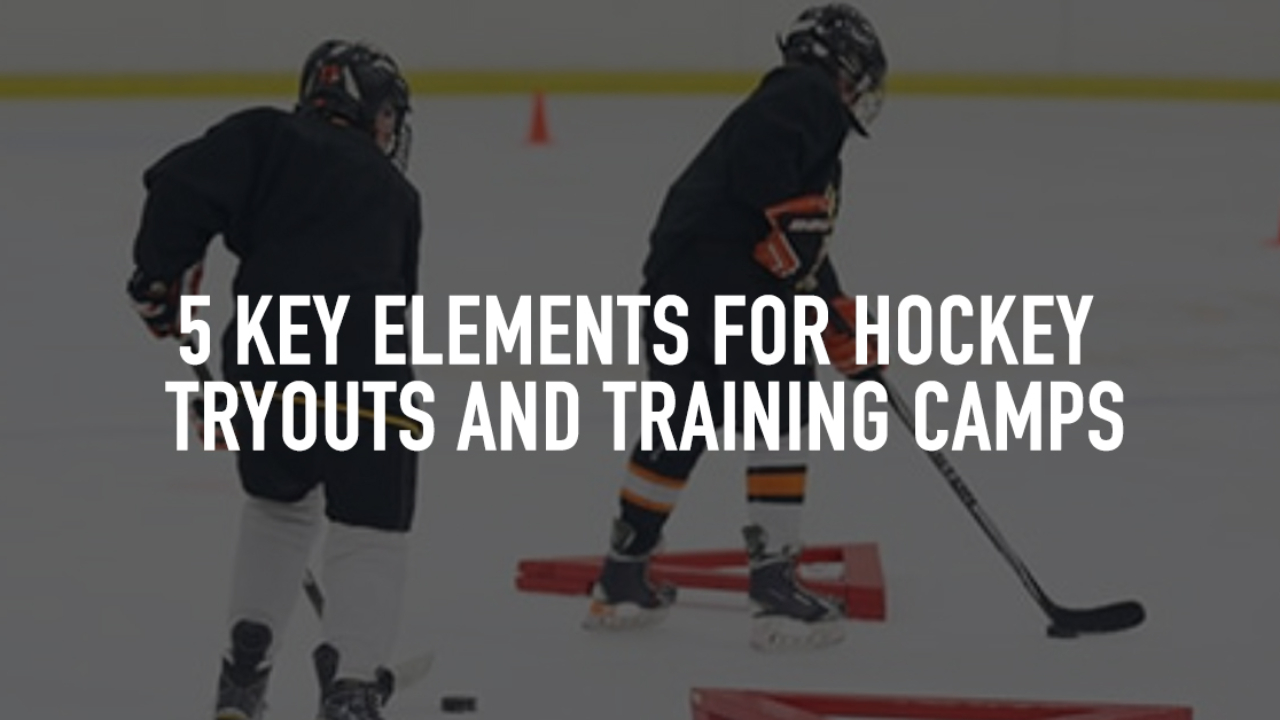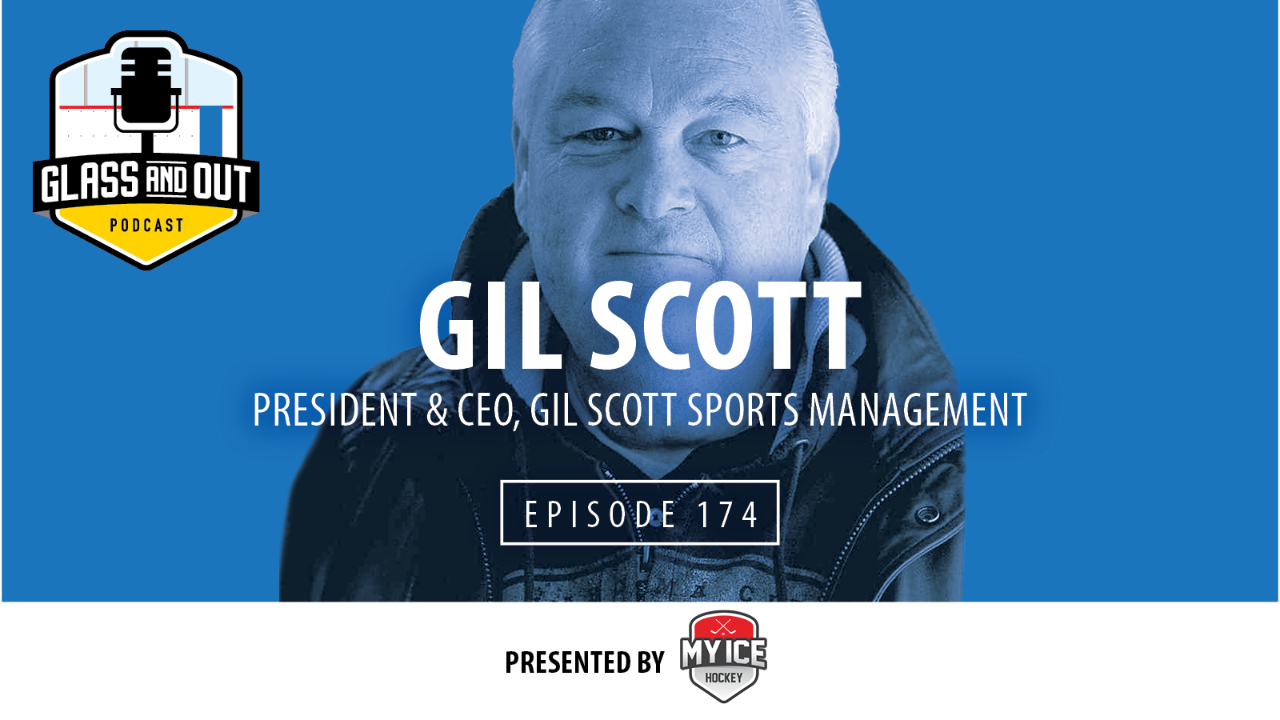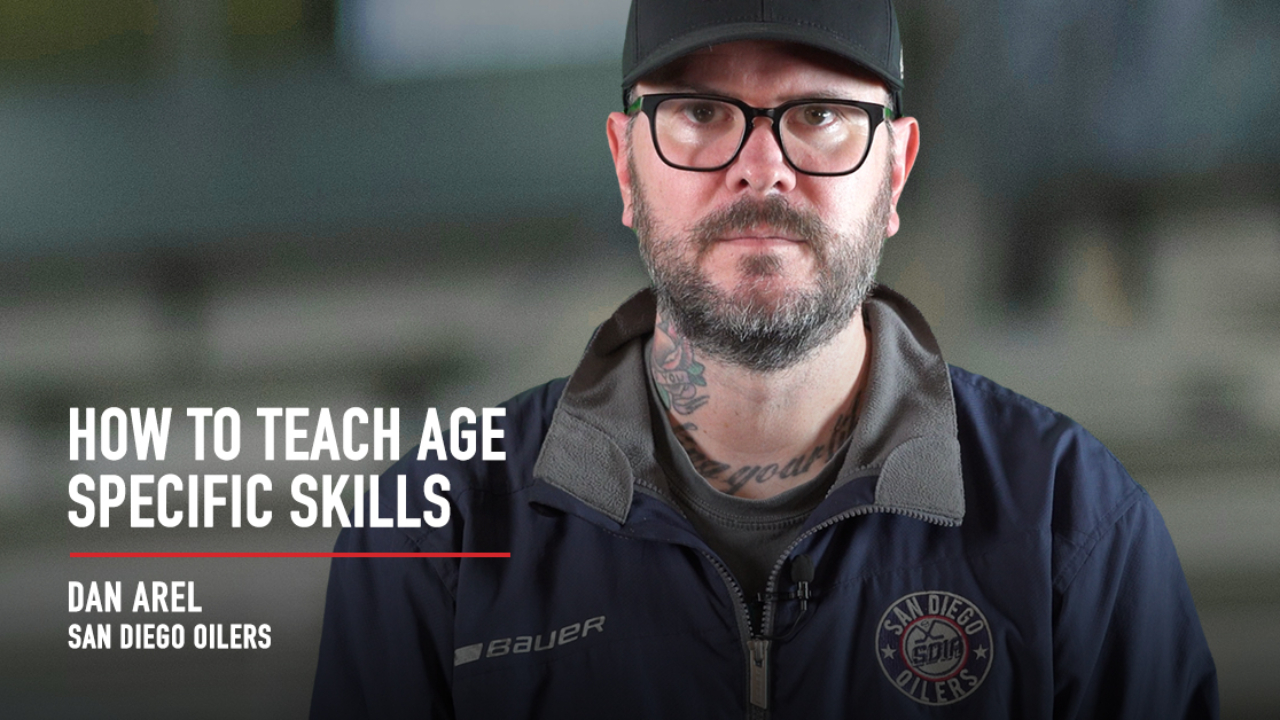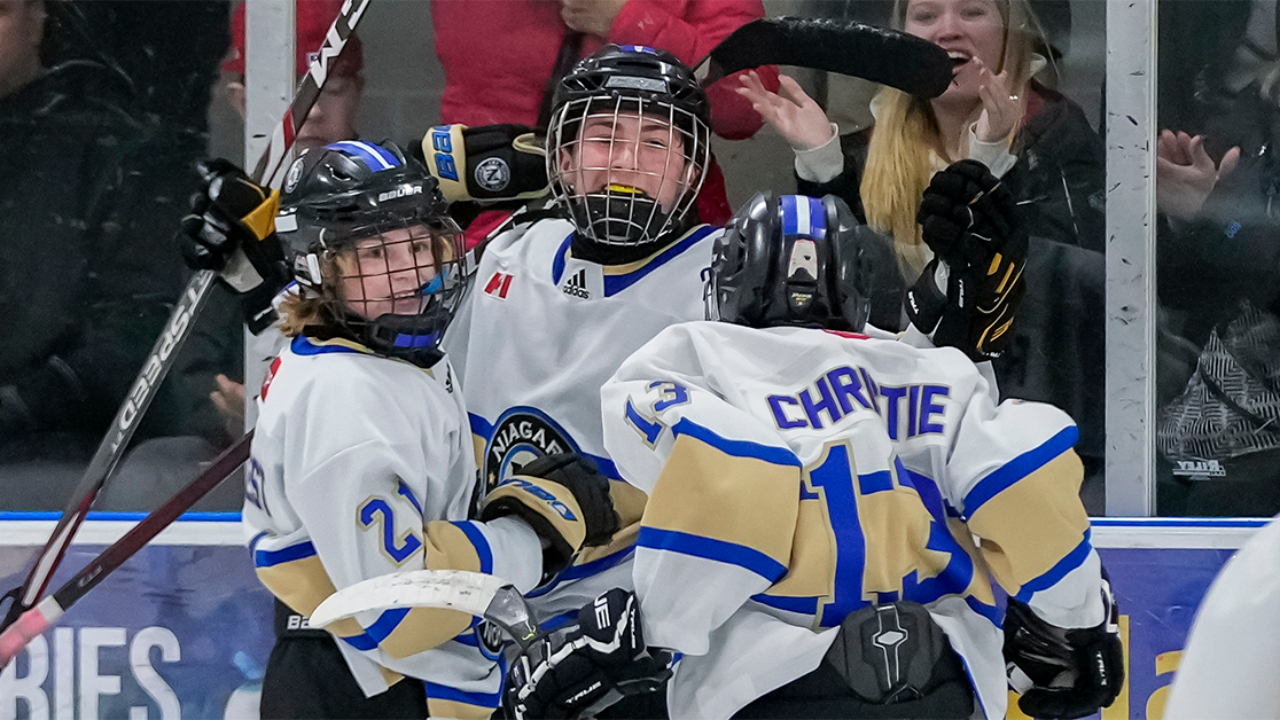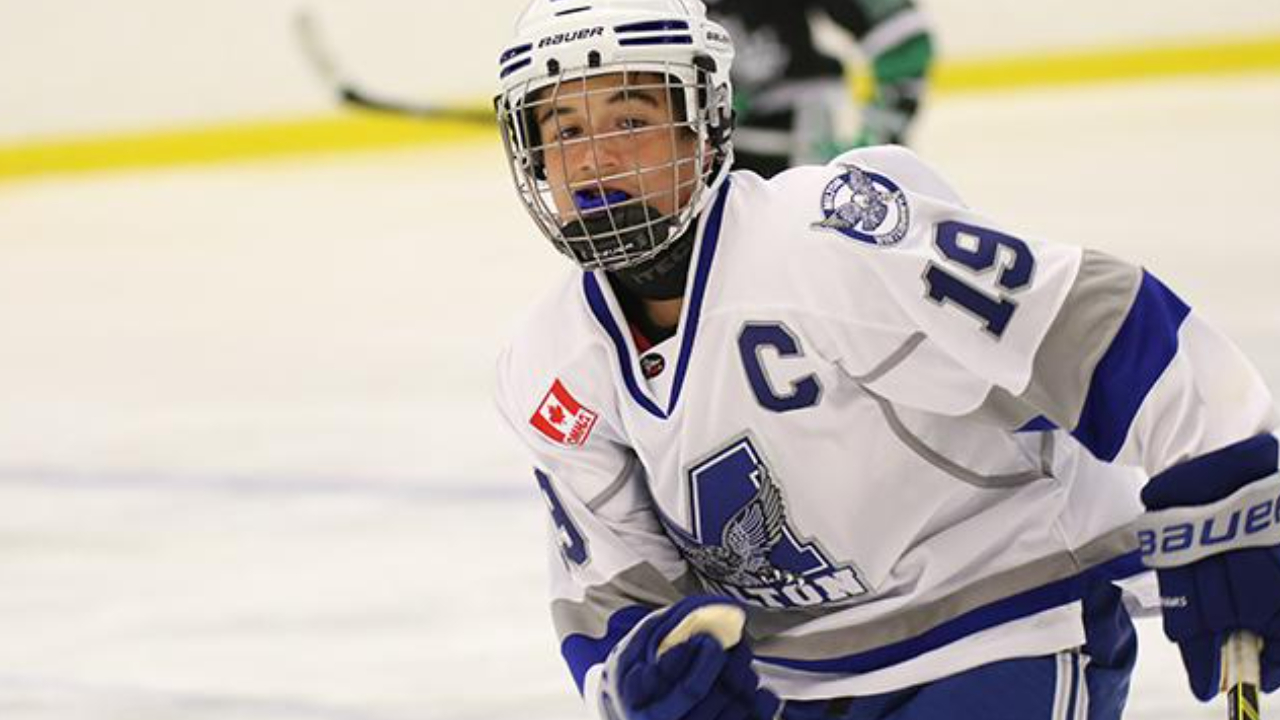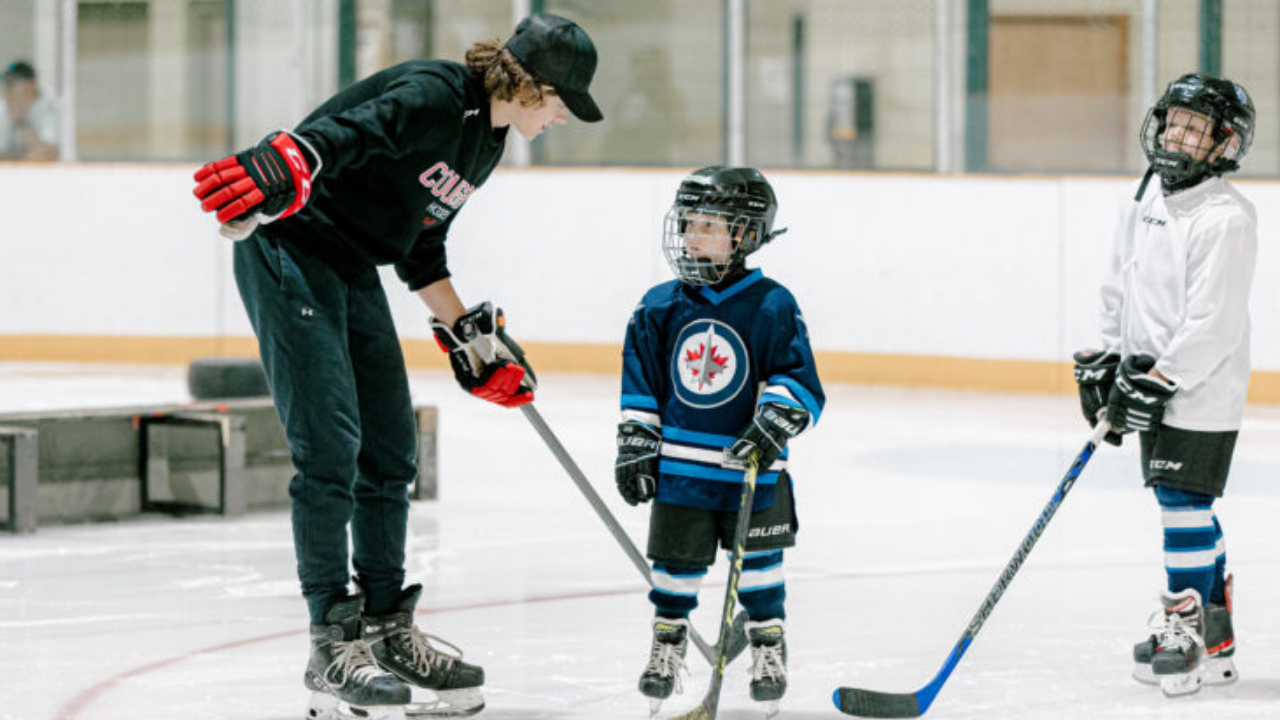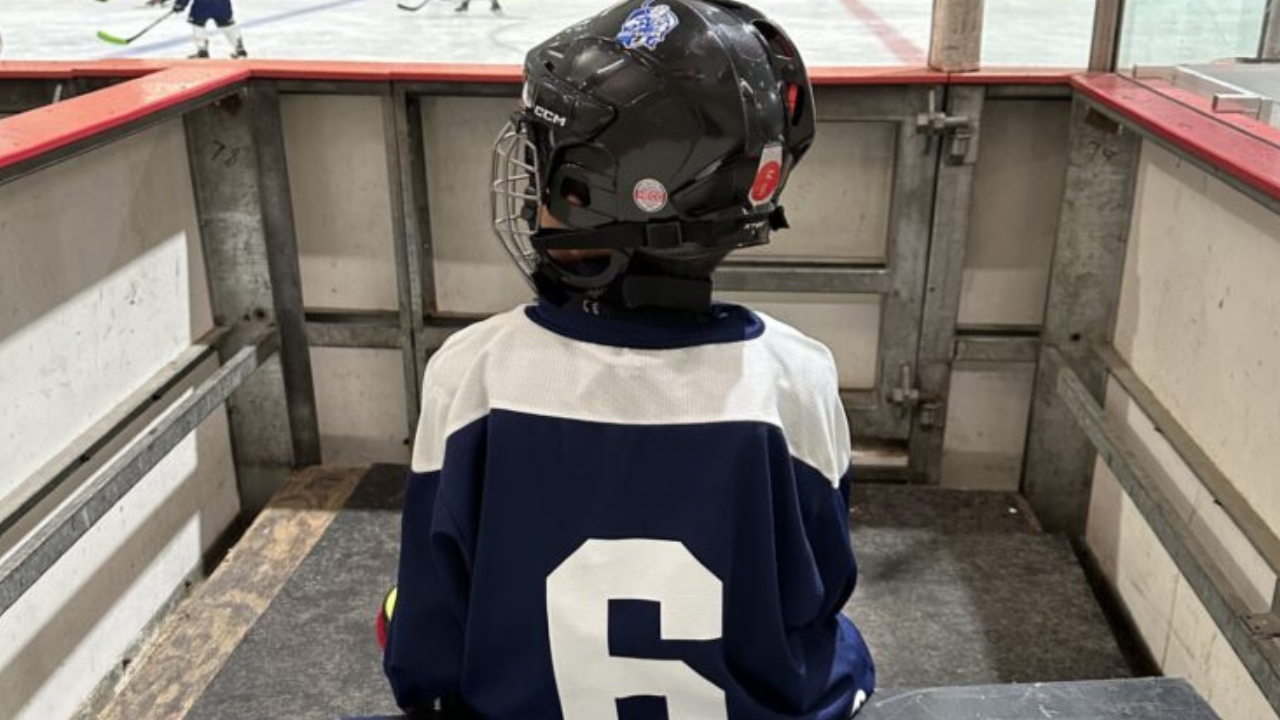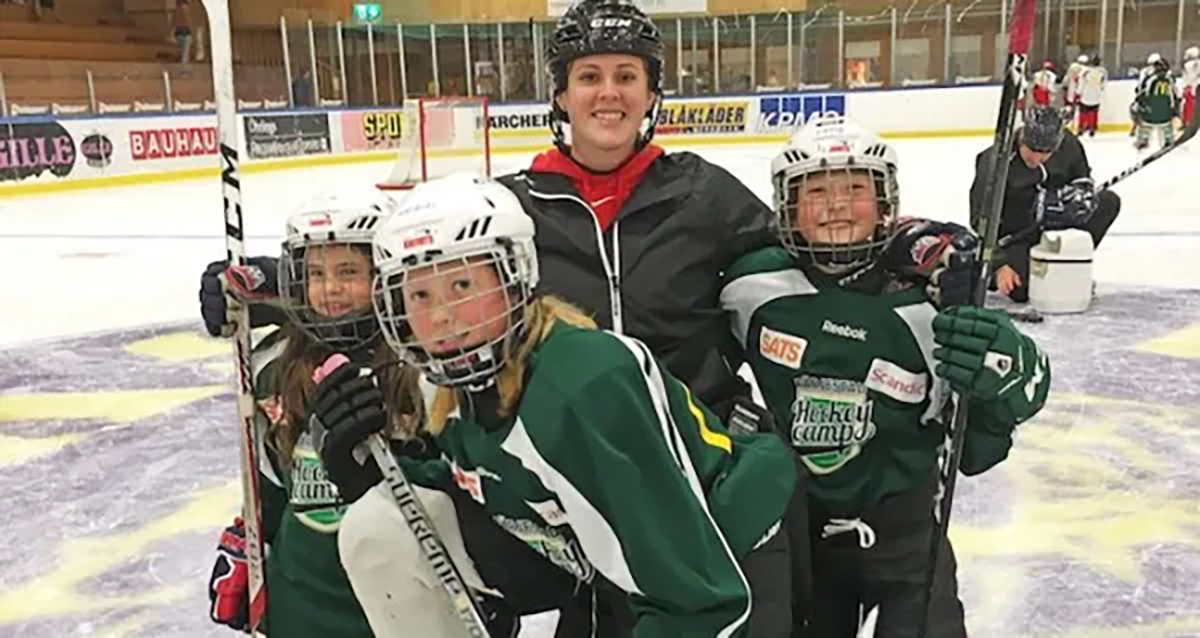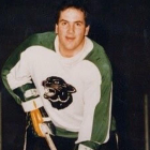
When it comes to coaching interviews, especially for positions like Head Coach, the pressure can be intense. It's crucial to stay calm, cool, and collected throughout the process to make a positive impression on the hiring committee. Just recently, I went from the one interviewing employees in my business, to the one getting interviewed. My experience conducting interviews was definitely in my corner during my interview for my current coaching job. However, we sometimes forget that interviews are nothing more than a conversation in which people get to know each other and see if there is a connection. Here are some tips and strategies to help you conquer coaching interviews with confidence and poise.
Understanding the Unique Nature of Hockey Coaching Interviews
Hockey coaching interviews stand apart from other professional interviews due to their focus on both tactical knowledge and leadership qualities. Interviewers seek candidates who demonstrate a deep understanding of hockey strategies and the capability to inspire and lead a team under the pressures of the season. Candidates should be prepared to discuss their insights into game strategies, player development, and how they would foster a winning team culture. This segment of the interview is your opportunity to illustrate your dedication to hockey, your innovative approaches to coaching, and how you handle the dynamics of team management and growth. Highlighting your successes in past roles, specific challenges you've overcome, and how you've made a tangible impact on your teams will set you apart. Remember, the committee is looking for a coach who can not only strategize but also connect with players and build a cohesive, motivated team.
Research and Preparation: The Key to Confidence
Diligent research and thorough preparation are indispensable for any candidate aiming to ace a coaching interview, particularly in the competitive field of hockey. Familiarizing yourself with the team’s history, recent performances, strengths, and areas for improvement can provide a solid foundation for your responses. Delve into the backgrounds of current coaching staff and any strategic changes the team has recently implemented. Understanding these elements not only equips you to answer questions with depth and relevance but also demonstrates your genuine interest in contributing to the team's future success. Additionally, brushing up on the latest trends and developments in hockey can help you articulate how you would bring fresh perspectives to the role. Equally, preparing answers to common interview questions and reflecting on your past experiences where you've successfully applied your coaching philosophy can make you feel more poised during the interview.
Showcasing Your Coaching Philosophy with Clarity
In the coaching world, especially within hockey, articulating your philosophy is essential. It's not just about what you believe but how effectively you communicate these beliefs. During the interview, expect to elaborate on your coaching ethos—be it fostering resilience, emphasizing skill development, or prioritizing team unity. Illustrate your philosophy through examples from your coaching history where your approach led to tangible outcomes. Discuss how your values influence your decision-making, strategy formation, and player interactions. It's crucial to connect your philosophy to the specific needs and goals of the team you're interviewing with, demonstrating how your guiding principles align with their vision. This alignment not only shows you've done your homework but also how you're the right fit for propelling the team forward. Your ability to convey your coaching philosophy clearly and compellingly can significantly impact your interview's success.
Handling Tough Questions with Ease
Facing challenging questions is par for the course in coaching interviews, particularly for roles like a Hockey Coach where strategic and interpersonal skills are under scrutiny. To navigate these moments successfully, it’s imperative to maintain your composure. A useful strategy is to pause briefly, allowing yourself a moment to structure your thoughts cohesively before delivering your response. Honesty and authenticity are your best allies; providing genuine answers that reflect your experiences and coaching philosophy can demonstrate your suitability and resilience. Sharing specific examples from your coaching history can help illustrate your points effectively, showcasing your problem-solving skills and adaptability. This approach not only aids in answering the question but also reinforces your qualifications and fit for the role. Remember, how you handle these tough questions can significantly highlight your critical thinking and communication skills.
The Importance of Non-Verbal Communication
Mastering non-verbal cues can significantly influence the impression you leave on your interviewers. Your body language speaks volumes before you even answer a question. Ensuring steady eye contact conveys confidence and shows that you are engaged in the conversation. A firm, but not overly tight, handshake at the beginning and end of the interview can set a positive tone and signal professionalism. Posture also plays a critical role; sitting upright, and leaning slightly forward can suggest enthusiasm and readiness to engage. Conversely, slouching or leaning back might be interpreted as disinterest or a lack of confidence. Be mindful of your gestures throughout the interview; excessive hand movements or touching your face can distract from your spoken words.

